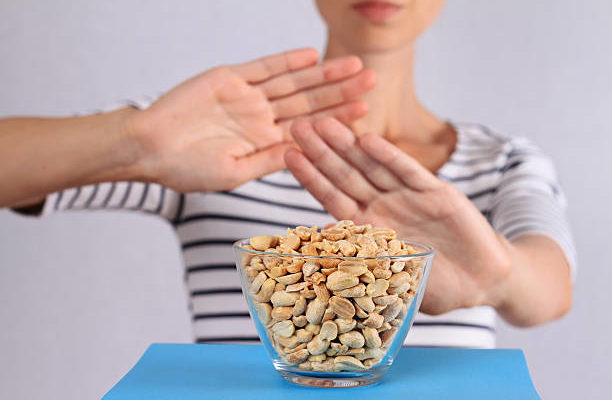Breast cancer awareness means different things to different people.
But let’s get real. Breast cancer, like all cancers are better prevented than cured. I think we can all agree we would rather NOT get cancer during our life time. But the reality is, many don’t feel we have a say in the ‘Dis-Ease’ process.
We get handed illness – we don’t choose illness.
Can we hand ourselves HEALTH? I believe we can!
Prevention is the cure! Every day, we can give ourselves health. In the foods we eat, the thoughts we focus on and the life we create.
So, how Preventable is Breast Cancer?


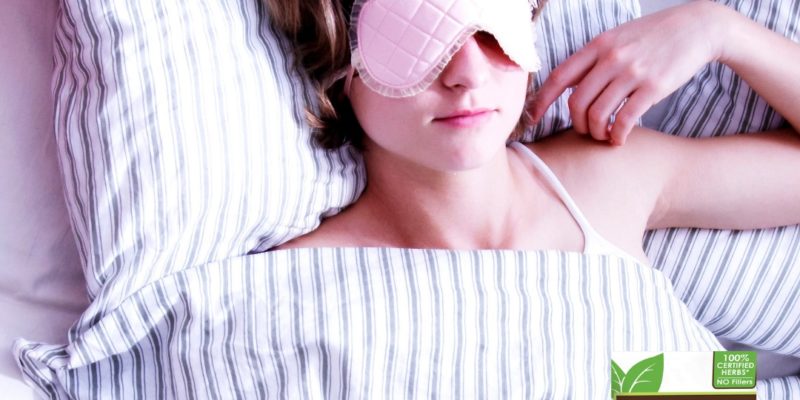
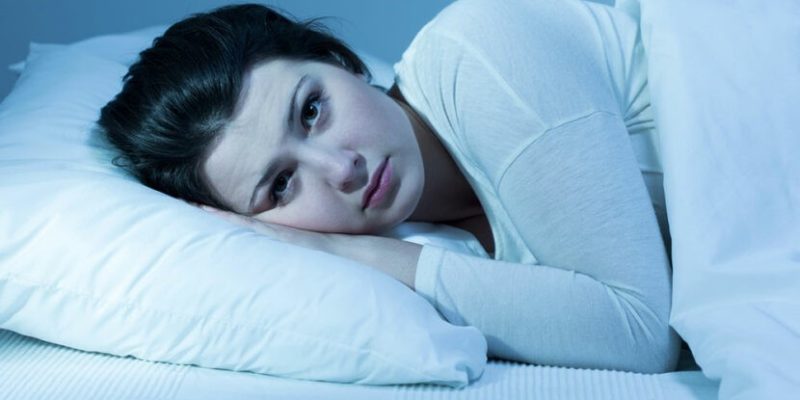
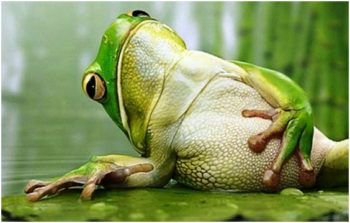
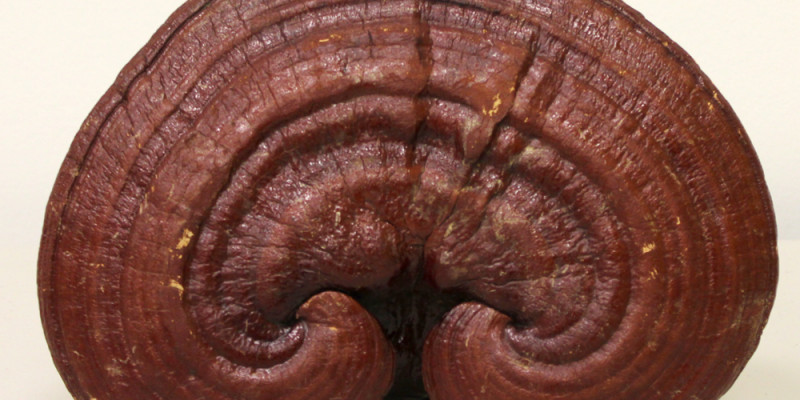

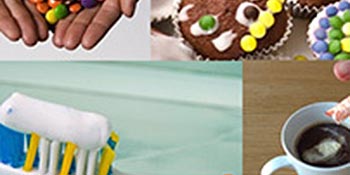
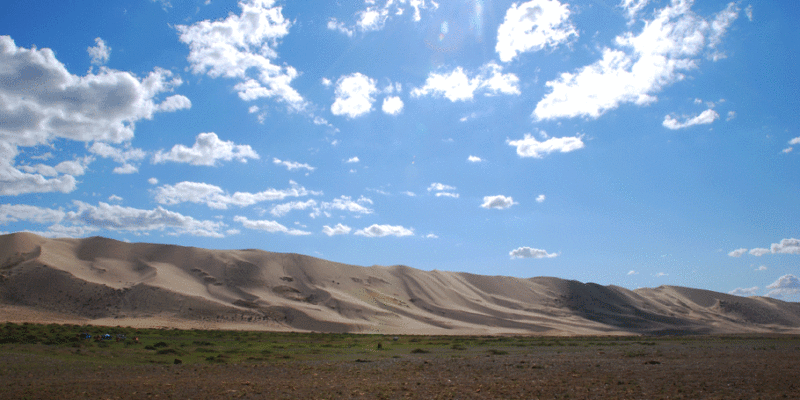

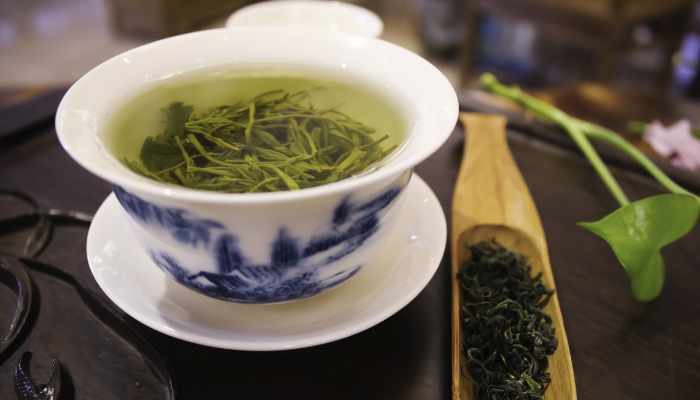 You may be wondering, is green tea good for menopause? Most of us have heard that green tea is good for us, but why? The answer is that drinking green tea provides many health benefits, including:
You may be wondering, is green tea good for menopause? Most of us have heard that green tea is good for us, but why? The answer is that drinking green tea provides many health benefits, including:

